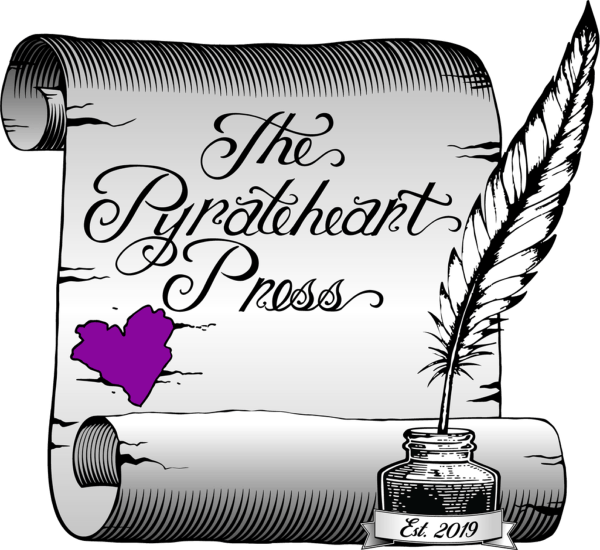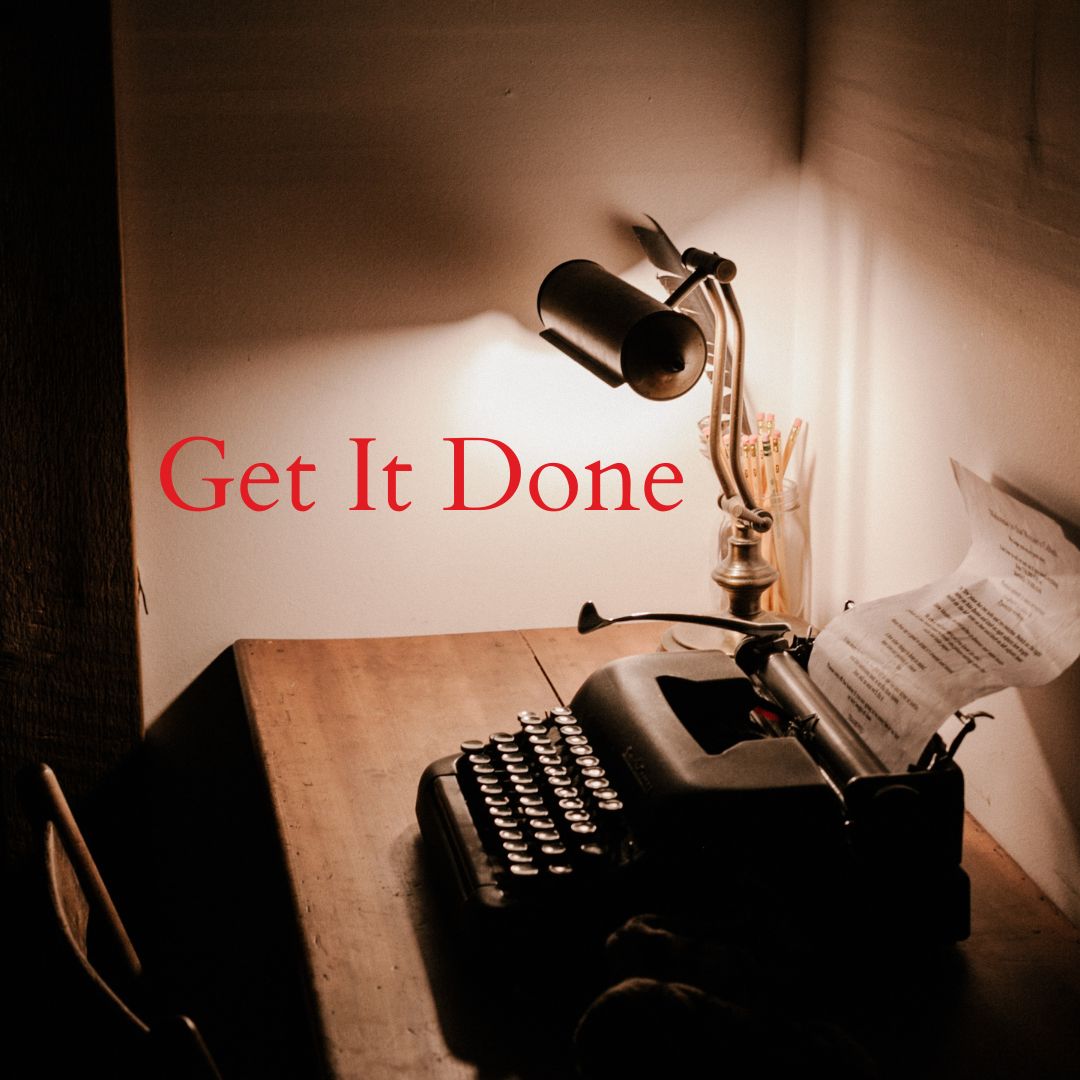Blog Layout
Story Development
R. Ross Whalen • Jun 01, 2021

I wanted to take some time and speak about story development. Or how you choose to develop your stories and series. I chose The Peggy’s as an example. Why? It is the perfect example for me to use to elaborate upon the writing process. At least my own writing process.
I wrote this story about five years ago. I wrote The Peggy’s in one of those frenzied moments when it just flowed out of me. I am a huge proponent of getting it out. I believe it is called free writing. I had the concept in my head, and it was all I could think about, so I sat down at my laptop and wrote. And wrote. And wrote some more. All in all, I wrote for four straight days.
Of course, it was gibberish when you looked at it. My fingers are like little sausages when I type. I hit multiple keys and odd spaces, and if you didn’t know what the sentence I wrote was supposed to say, you would be lost.
However, I wasn’t. So, I went back through and corrected the typing and added flavors and characters and an ending. Then I let it go. I had no idea I would not look back at the story for five years. Five years is a long time to let a story rest. However, it has proven to be a good amount considering the lessons I have learned these past five years.
One of those lessons I have learned time and again is to write. Which is what I did with The Peggy’s. I got it out of my head and on paper. It didn’t have much of a structure, the plots had huge holes in them, the story didn’t flow from one word to the next much less chapter to chapter, but it was on paper.
I cannot emphasize this enough. If you have a story floating in your head, let it out. Put it down on paper. And don’t worry about anything else. Don’t edit as you go. Just write. Write it for yourself. This is important, you must write for yourself first and foremost. Especially on the first draft. And remember, first drafts are shit. Period. Don’t take it personally. They usually are unless you are one of the chosen who can write a story in one take. I am not. Nor are the authors I work with. Which is why we all free write our stories out first.
When you free write there is no judgment, no criticisms, no care, or concern. It’s a story! Tell it. Then put it aside.
Why should you put it aside? Because when you read it right after you write it your mind self-edits. It fills in the missing words and plot pieces and grammar issues. The mind is a fabulous tool to gloss over those things we don’t want to see when we read a story right away. However, when you put the story down and pick up something else, your mind shifts.
It is a simple process but an important one. You need to shift your mind. Even if you send out your work to someone to read it, when it comes back, you will still gloss over the mistakes or the lack of flow. There are few who can look at their work with the critical eye necessary once the first draft is complete.
Get a couple of other projects under your belt then pick up the first draft and read it. Your mind will no longer gloss over the mistakes. In fact, it will pick them up. Show you what you missed or where you should cut out chunks of book or add more. As I said the mind is a wonderful tool if you learn how to use it.
I picked up the Peggy’s the other day because we are going to need some eBooks to publish over the next couple of months. We are going to publish a short story in June that will lead into a series about a psychic detective. My involvement is only as editor and publisher. Others are writing this one as they are with Gigolo and several other works. My involvement in those is as editor and publisher. However, with The Peggy’s I am the writer. Others will perform the editing functions for me.
Why? It takes more than one set of eyes to edit a story. I think so anyways.
I chose not to farm out The Peggy’s as I do so often with many of my ideas or stories. I liked the concept of The Peggy’s.
When I read what I had written all those years ago I cringed. There was no plot per se. The writing was basic gibberish, and the characters were made of wood. Nothing flowed and nothing made sense. However, the concept was still there. So, I took the time to look past all the errors and mistakes and issues. Took the time to develop the story.
How do I develop a story? It takes a few simple steps.
The first thing I look at is the main plot. I write out what the plot is and then I look at how it can be better. Look for the holes, the lost possibilities, the ending. Looking at the ending is important. It lets you know where you want to be. Once you know where you want the story to end, your mind, that wonderful tool, begins to fill in the blanks needed to get the story from beginning to end.
I use the chapters as an outline. I write down Chapter 1,2,3, etc. Then under them I use bullet points to add what I need to get to this point. I decide what the chapter is about and how it takes from the previous chapter and how it will flow to the next.
I often start at the end and work forward. I use my original story as a guide since my mind created the concept and a story from it. I take from the original and add it into the new story being developed, as necessary.
This can take an hour or days. In the case of The Peggy’s, it took me several days. I would hit blocks I couldn’t get around. My mind wanted to one thing, but it didn’t apply to the story. Therefore, I stepped away. Let my mind do something else.
Often, as I am concentrating on another job or client, the solution will pop into the forefront of my mind, and I will stop what I am doing and move back to the story I am developing. This often happens in the morning as well. Or when I get up in the middle of the night to pee.
What is important is to not put this aside for later. You must strike while the iron is hot. I feel you must take the little moments of insight and use them right then and there. If this means that it is 2 a.m. and you are in the bathroom, once you are done, fire up the computer and do the work. Believe me, you will thank me for this. Or hate me, I am not sure which, but you will get the results you are looking for.
Once you have the main plot ironed out and it flows from point to point, chapter to chapter from beginning to end then you can concentrate on any subplots. Do the same for them. Make sure they flow along with the main plot and leave no holes that are unintentional.
Never let subplots overtake the main plot unless they are to become important in later books. My thoughts anyways. There are many who disagree. To each their own, I guess. Writing is a fluid process and is not meant to be set in stone.
Always remember that. It is also a personal process. What works for one person is like acid to another. Use this as a guide only. If it doesn’t work, then throw it aside. Don’t let anyone tell you there is only one way, normally theirs, to write a book successfully. That is utter bullshit.
The only thing I have at stake here is to motivate you to develop your story when it is time. How you do so is entirely up to you. If you feel it needs no further development and only needs editing, then so be it. I congratulate you. I find this is often the case when someone comes to me for editing. What they really want is for someone to correct a few smaller grammar issues. They are not truly looking for any real editing.
Editing is a multi-step process. When you contact someone for editing services ensure you tell them what kind of editing you need. If you don’t, then the person you have sent it to will look at the entire manuscript as an editor should. Look at content, copy, structure, etc. If all you want is some proofreading or a little polish work, then tell them so.
And keep your ego in check. It is a hard thing to do but it is so necessary. I don’t mean for you to allow someone to rewrite your story or the concept behind it. Nor do I mean you should stop shopping it around to be published. Heavens no. So many people reject excellent books. Harry Potter is the best example. I bet those who refused the book regret it now. I refuse books knowing they will become someone’s best seller because I couldn’t work with the writer. I wished them the best of luck and let them move on. It is just a part of the business.
Anyways, I hope this puts some insight into how I develop a story. In the next blogpost I will continue the discussion. Talk about names and locations and such things.
I’m Ross, The Editor-in-Chief at The Pyrateheart Press and I’m out.





